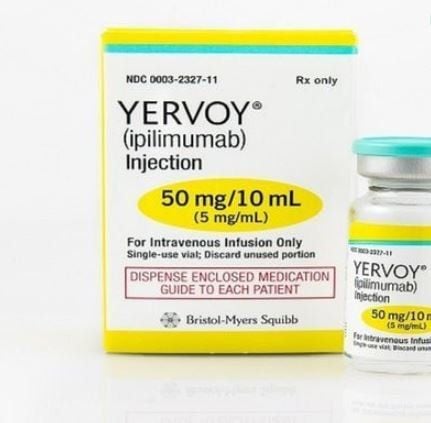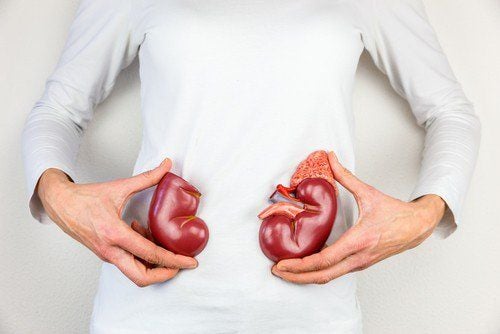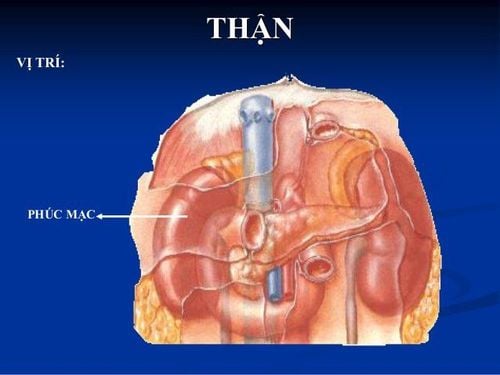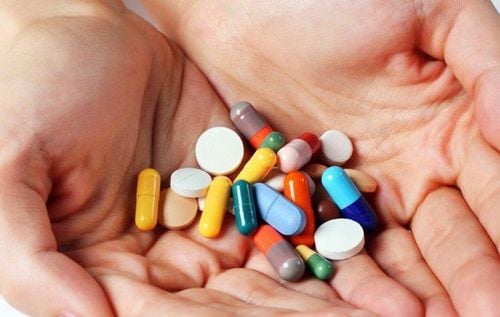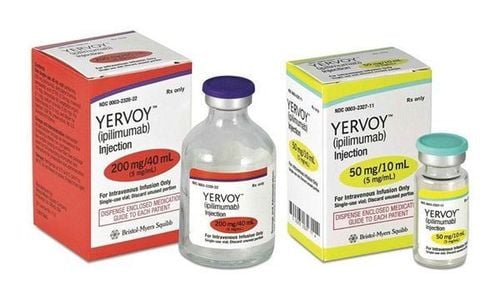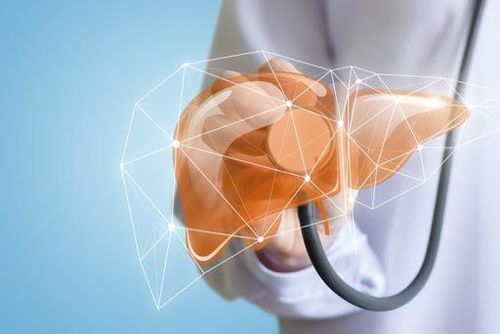This is an automatically translated article.
Kidneys are responsible for maintaining electrolytes and excreting body toxins through urine. The kidney is made up of many units with different functions. When a kidney unit is blocked, it will cause urine to stagnate, unable to escape, forming a reservoir called a cyst in the kidney.
1. What is a kidney?
The kidneys are the main excretory organs in the urinary system, located close to the back wall of the abdomen, symmetrically across the spine. A normal person will have 2 kidneys located on 2 sides.
Kidneys are bean-shaped, light brown in color, the front surface of the kidney is smooth and the back surface is rough, convex and concave. Each kidney is 10 - 12.5 cm long, 5 - 6 cm wide and 3 - 4 cm thick, with a weight of 150 - 170g.
2. Kidney function
Kidneys have very important functions as follows:
Filtering blood and waste: Kidneys have an important role in filtering blood, retaining proteins, blood cells. Remove waste products and residues from the filtrate and urinary tract to form urine, which is excreted. Blood volume regulation: The kidneys control the volume of extracellular fluid in the body by producing urine. The most obvious observation is that when drinking a lot of water, the amount of urine will increase and make people feel sad to urinate. Urine excretion: Urine originates from the functional units of the kidney. After undergoing blood filtration and absorption, urine as well as waste products in the body will be poured into the renal pelvis, down the ureter, then stored in the bladder and excreted. In addition, the kidneys also have other functions such as neutralizing solutes in the blood, pH of the extracellular fluid, regulating the concentration of ions in the blood, participating in vitamin D metabolism and supporting the control of vitamin D. Control the amount of calcium ions in the blood.
3. How do kidney cysts form?
The kidneys are made up of many kidney units, each of which will filter, reabsorb, and excrete urine into a common reservoir called the renal pelvis.
From this renal pelvis, urine will flow down the ureter to the bladder and out. When a kidney unit is blocked due to various causes such as inflammation, stones, fibrosis, etc., urine will remain stagnant and cannot be eliminated. From there, a water-filled sac called a cyst is formed in the kidney.
Currently, based on symptoms, kidney cysts are divided into 3 types as follows:
Isolated kidney cyst: This is the most common type, accounting for about one third of patients over 50 years old. Renal cysts are located in the renal cortex and are mostly benign. Polycystic kidney (with two or more cysts): Similar to a solitary cyst, however, this type is often more obstructed in the renal unit. Polycystic kidney: The cause of polycystic kidney is a genetic structural disorder that causes a large part of the renal parenchyma to be transformed into many fluid-filled cysts. Usually occurs in both kidneys.
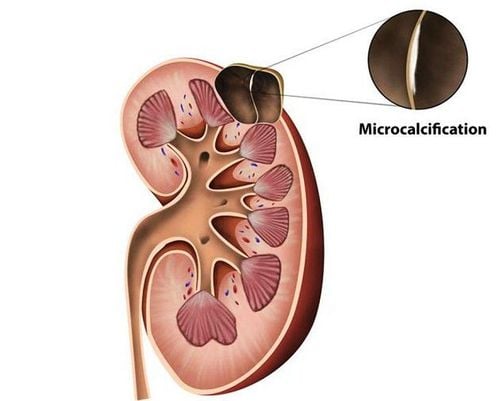
Khi một đơn vị thận bị tắc thì sẽ hình thành nên túi chứa nước gọi là nang ở thận.
4. Symptoms of kidney cysts
Renal cyst disease has unclear symptoms, difficult to detect early when the cyst is small (doesn't cause any symptoms). When the cyst is larger, it can cause symptoms such as:
Back pain: When the kidney cyst grows large, it compresses the renal calyx. Fever: If the patient has a cyst infection.
5. Causes of kidney cysts
Currently, the cause of kidney cysts has not been found. However, there are many factors that can increase the risk of kidney cysts such as:
The disease can appear at any age, but the risk increases with age. Men have a higher risk of kidney cysts than women. On hemodialysis.
6. Are kidney cysts dangerous? Treatments
In most cases, kidney cysts are harmless and do not require treatment. However, if the cyst becomes infected, it will cause fever and back pain. Occasionally the cyst is hemorrhagic, manifesting as blood in the urine.
To diagnose and detect kidney cysts, you can order:
Ultrasound: To detect the location and size of the kidney cyst. Urinalysis: HC, BC in urine. Complete blood count: BC increases if kidney cyst is infected. Kidney function: Urea, creatinine in the blood will increase if there is kidney failure. UIV: Detects the compression of the cyst on the renal calyx system. CT scan: In order to accurately detect the location and size of cysts and other pathologies such as kidney tumors, kidney stones....
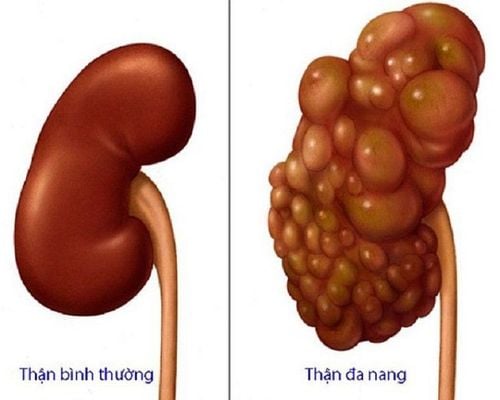
Nang ở thận nếu bị nhiễm trùng sẽ gây ra triệu chứng sốt và đau lưng.
7. When should kidney cysts be treated?
When there is an infection, the patient will be treated with antibiotics. If a large cyst is causing pain, your doctor may drain it with a long needle inserted through the skin. If a tumor is suspected, the patient needs to be monitored and examined periodically, it is possible that this is a malignant tumor causing kidney cancer. For patients on dialysis, it is recommended to have cancer screening about every 3 years. In some cases, the doctor will prescribe surgery to stop the bleeding of the kidney cyst and remove the tumor or suspected tumor. In summary, kidney cysts are usually harmless and do not require treatment. However, if the cyst is infected or malignant, the patient needs to go to a reputable medical facility for examination and treatment. At Vinmec International General Hospital, there is a package of urological examination and screening to help customers detect diseases early and have effective treatment and prevent dangerous complications. When choosing the package of urological examination and screening at Vinmec, customers will receive:
Specialized urological examination. Urinary tract ultrasound. Quantification of total PSA. Quantification of free PSA. Urine culture. To help detect possible urinary tract diseases early. Especially prostate diseases (benign prostatic hypertrophy, prostate cancer) and urinary stone pathologies.... thereby helping customers to take preventive measures.
Please dial HOTLINE for more information or register for an appointment HERE. Download MyVinmec app to make appointments faster and to manage your bookings easily.




